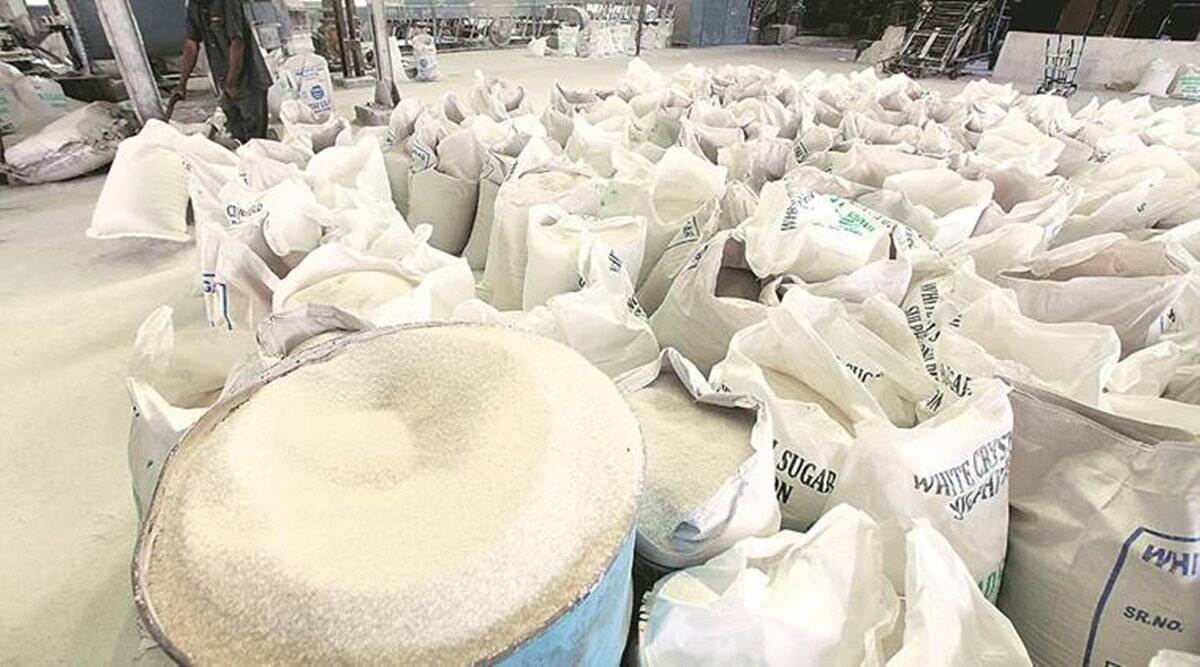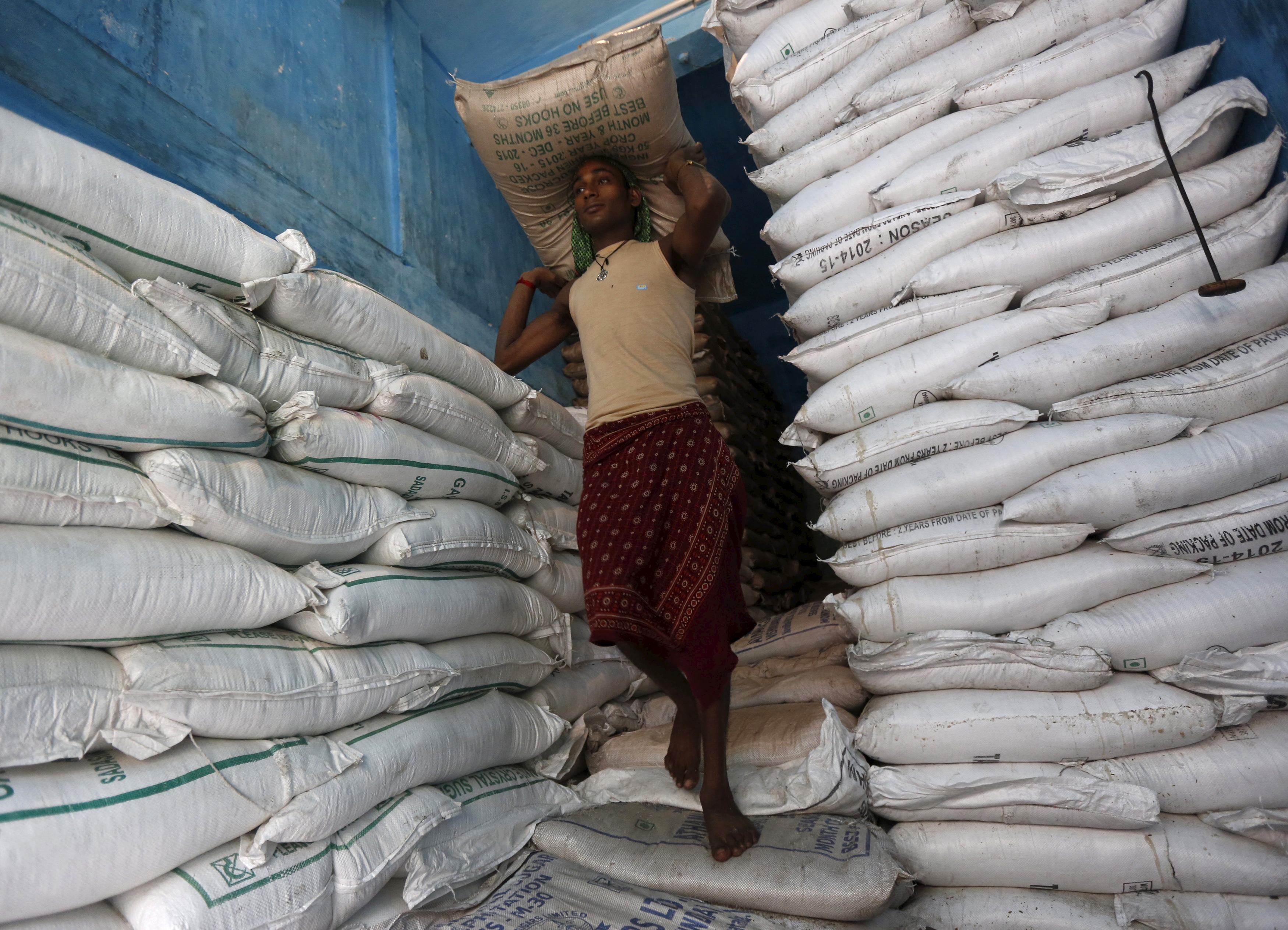Extended Sugar Export Restrictions: Examining the Implications 2023

Extended Sugar Export Restrictions: Examining the Implications 2023
In a move that has significant implications for the global sugar industry, several countries have extended their sugar export restrictions.
This decision comes in response to various factors, including concerns about domestic supply, rising sugar prices, and the need to stabilize local markets.
Reasons for Extended Export Restrictions
- Domestic Supply Concerns: One of the primary reasons for extending sugar export restrictions is to ensure an adequate supply of sugar within the country. Sugar is a staple commodity in many countries and plays a crucial role in their food and beverage industries. Governments are often wary of depleting their domestic stocks, as a shortage can lead to price spikes and food security concerns.
- Rising Sugar Prices: The global sugar market has experienced price fluctuations in recent years. A combination of factors, including adverse weather conditions, reduced crop yields, and increased demand for sugar, has contributed to rising prices. To shield consumers from the impact of these price hikes, governments may choose to limit exports and prioritize their domestic markets.
- Stabilizing Local Markets: Export restrictions can help stabilize local sugar markets by preventing excessive exports that could lead to shortages or price volatility. By controlling the flow of sugar to foreign markets, governments aim to maintain a predictable and steady supply of sugar for their citizens and industries.

Several countries have recently extended their sugar export restrictions or introduced new measures to limit sugar exports. Some notable examples include:
- India: India, one of the world’s largest sugar producers, has extended its sugar export restrictions. The Indian government aims to maintain sufficient sugar stocks to meet domestic demand and keep prices stable.
- Thailand: Thailand, another major sugar exporter, has implemented export quotas and restrictions to prevent excess sugar from leaving the country. The government’s focus is on stabilizing the local sugar market and supporting domestic sugar mills and farmers.
- Brazil: Although Brazil is a dominant player in the global sugar industry, it has also taken measures to restrict sugar exports temporarily. Adverse weather conditions have impacted sugar production in Brazil, prompting the government to prioritize domestic needs.

Consequences of Extended Export Restrictions
- Impact on Global Sugar Prices: Extended export restrictions can put upward pressure on global sugar prices. When major sugar-exporting countries limit their exports, it reduces the overall supply in the international market, leading to increased prices. Importing countries may face higher costs, which could impact their consumers and industries.
- Strain on Trade Relations: Sugar-exporting countries that implement or extend export restrictions may strain their trade relationships with importing nations. Importers often rely on a stable and predictable supply of sugar, and disruptions can lead to diplomatic tensions and trade disputes.
- Uncertainty for Sugar Producers: Extended export restrictions can create uncertainty for sugar producers in exporting countries. Farmers and sugar mills may face challenges in planning their operations and managing their inventories when export quotas are subject to frequent changes.
- Potential for Smuggling: In some cases, extended export restrictions can create opportunities for illegal sugar trade through smuggling. Smugglers may exploit gaps in the market to meet demand in importing countries, potentially undermining the objectives of the export restrictions.
The extension of sugar export restrictions by several countries highlights the complex interplay between domestic food security, international trade, and global commodity markets.

While these measures are intended to safeguard domestic markets and stabilize prices, they can have far-reaching consequences for the global sugar industry.
Importing nations must adapt to changing supply dynamics, while exporting nations must balance the needs of their domestic markets with their commitments to international trade.
As the global sugar market continues to evolve, cooperation and dialogue between sugar-producing and sugar-importing nations will be crucial to ensuring a stable and sustainable sugar trade ecosystem.




